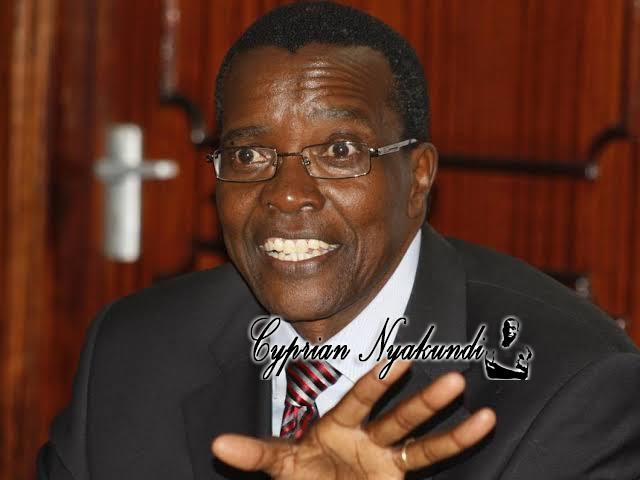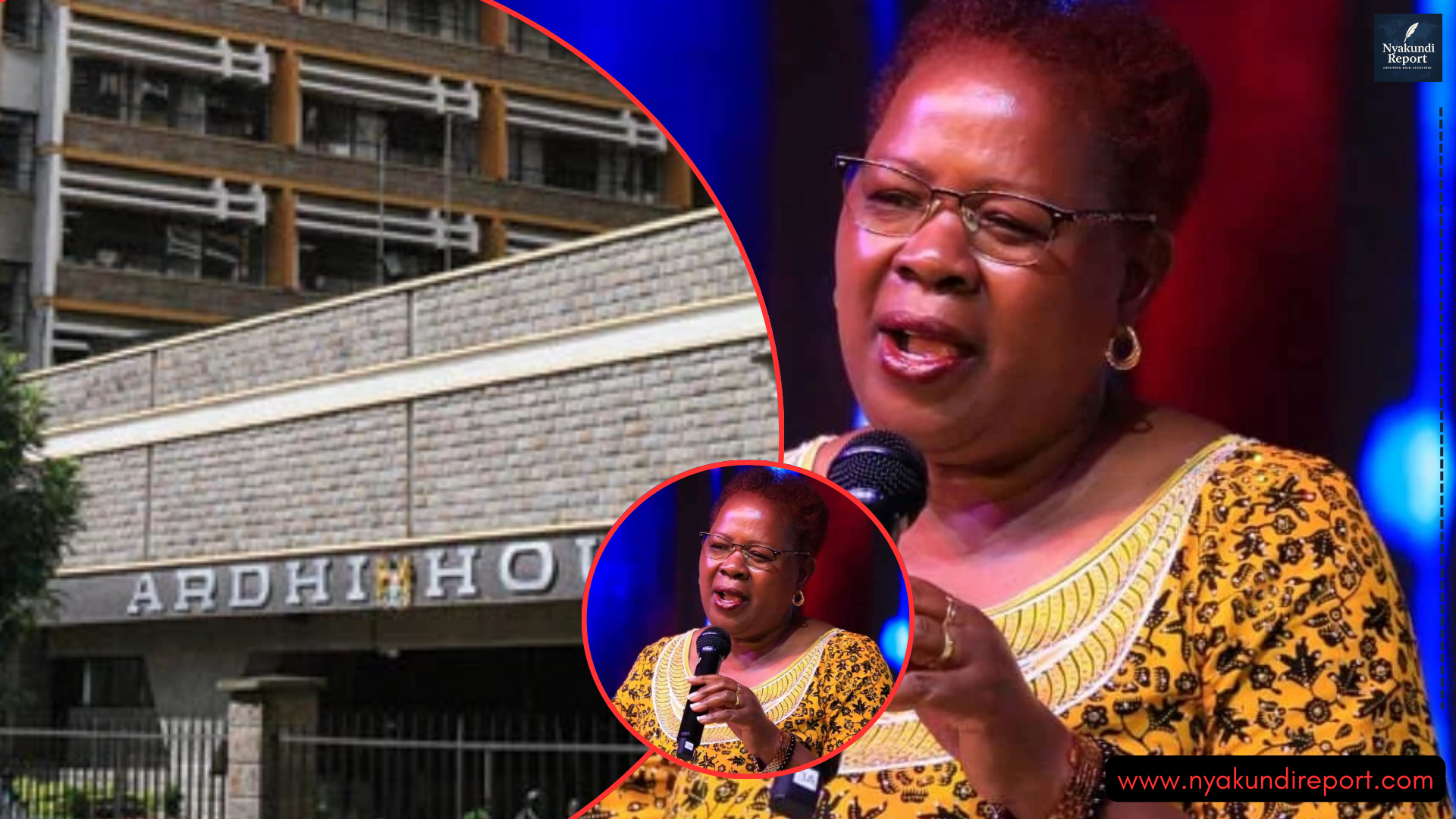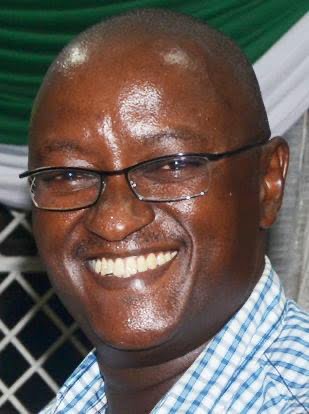A heated standoff has emerged between Members of Parliament and Treasury Cabinet Secretary John Mbadi.
Over the rollout of the government’s new Electronic Government Procurement System (E-GPS), with lawmakers warning that the initiative could grind public services to a halt.
The system, which the Treasury is pushing as a game-changer in the fight against corruption, seeks to digitize all state procurement processes.
CS Mbadi maintains that full adoption of e-procurement is non-negotiable, stressing that it is the only way to guarantee accountability and transparency in the management of public funds.

“We resolved to adopt electronic procurement because the law requires it.
It is the most effective tool against corruption and ensures fairness in government tenders,” Mbadi told the Parliamentary Committee on the Implementation of the Constitution on Thursday.
But MPs remain unconvinced, arguing that most public institutions lack the capacity to transition to the digital system immediately.
Also, they noted that existing legislation still provides room for manual procurement.
Embakasi West MP Mark Mwenje was among the most vocal critics, telling the CS: “What matters is what the law says, not what the Treasury thinks.
Many institutions are struggling with this system. If you believe e-procurement is the future, bring amendments to Parliament first.”
Other lawmakers echoed similar concerns. Kipkelion West MP Hillary Kosgei suggested a gradual rollout, beginning with corruption-prone sectors before expanding nationwide.
Kiminini MP Maurice Kakai warned: “Change must be progressive, not revolutionary. If this system collapses, you will bear full responsibility.”
The MPs also demanded clarity on whether the Treasury intends to comply with directives issued by the National Assembly.
Therefore, warning that some institutions risk being unable to procure goods and services for an entire year.
Questions were further raised over the ownership and procurement of the E-GPS system itself.
Mwenje pressed the CS, saying: “Who exactly owns this platform? For all we know, it could be controlled from abroad.”
In response, CS Mbadi clarified that the system is jointly managed by two service providers—one based locally and another in India—and that the procurement process was finalized in 2022 at a cost of KSh 387 million.
Despite the Treasury’s assurances, the standoff underscores the growing tension between the Executive and Parliament over how best to balance technological reforms with legal frameworks and institutional readiness.
ALSO READ: Gloria Orwoba Withdraws Petition, Concludes Legal Battle with UDA











































